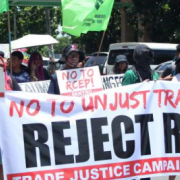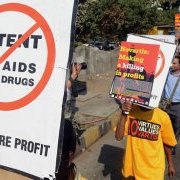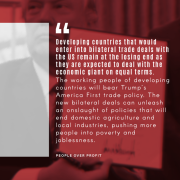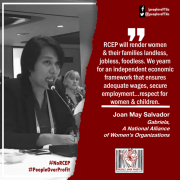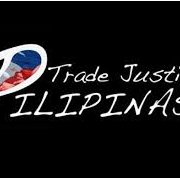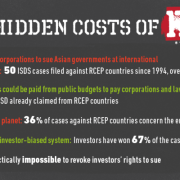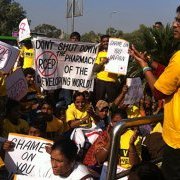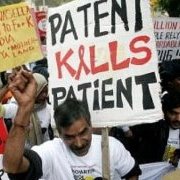1-Jun-2017
Focus on the Global South
In the recent “RCEP 18th Round of Talks,” members of civil society organizations and social movements presented their positions vis-à-vis the RCEP.
12-May-2017
GABRIELA Philippines
The RCEP will only further marginalize women
12-May-2017
People Over Profit
#NoRCEP week of actions at the 18th TNC Meeting of the Regional Comprehensive Economic Partnership
11-May-2017
Trade Justice Pilipinas
Trade Justice Pilipinas expresses its opposition to the Regional Comprehensive Economic Partnership agreement or RCEP
27-Apr-2017
Forum against FTAs
Trade unions, farmers groups, health activists, and other people’s movements are planning to organise a series of events to put pressure on the Government of India to withdraw from RCEP negotiations.
25-Apr-2017
Canadian Lawyer
A certificate of supplemental protection provides up to two years of additional protection after expiry of a patent.




